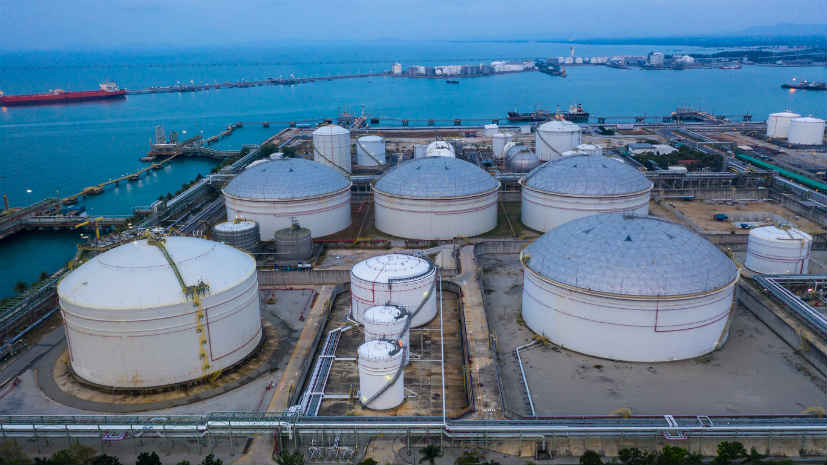Kenya has finalised the process to rejuvenate the inactive state-owned Kenya Petroleum Refineries Ltd. (KPRL), clearing the path for the construction of a gas pipeline connecting Dar es Salaam to Mombasa.
Davis Chirchir, who serves as the Kenyan Cabinet Secretary for Energy and Petroleum, announced that a consultant has successfully concluded a study assessing the project’s viability, ultimately leading to the agreement to proceed with this cross-border initiative.
“The defunct KPRL will now be under KPC (Kenya Pipeline Company), and the Mombasa-Dar es Salaam pipeline project is key to feeding into the facility to ensure maximum use,” said Mr. Chirchir.
“We hope once the 30,000-metric-tonne gas facility that is under construction in Changamwe is complete, the project will move to the next stage.”
In December 2021, the Kenyan government contracted the US firm, K&M Advisors, to conduct a feasibility study for gas power generation in Mombasa County, with the aim of utilizing liquefied natural gas from Tanzania.
The agreement between Kenya and Tanzania could have been avoided if the study had found that natural gas importation for electricity generation was more expensive than local sources.
Tanzania’s Tanga gas plant already served nearly half of the Kenyan market. But it is trucked via Namanga and Holili border posts.
In May 2021, during her state visit to Kenya, Tanzanian President Samia Hassan and her then-Kenyan counterpart Uhuru Kenyatta signed off on a preliminary agreement covering the transportation of gas from Tanzania for use in power generation, cooking, and heating.
In October last year, President Samia and President William Ruto agreed to speed up construction of a natural gas pipeline designed to increase trade and lower energy costs for both countries. The estimated cost of the 600-kilometre pipeline is $1.1 billion.
Mr. Chirchir said on Wednesday that Kenya is repairing KPRL storage tanks in Mombasa, which would be used to store different petroleum products. The refinery has 45 tanks with a total storage capacity of 484 million litres, which the Kenya Pipeline will also use to store its imported fuel for redistribution in the region.
And he said Kenya would not import crude oil for refineries. The refinery was a loss-making entity that had remained dormant for nearly a decade.
Nairobi later authorised the KPC to take over and utilise its facilities for refined oil storage.
The Kenyan government enlisted the services of K&M Advisors to undertake a feasibility assessment concerning the potential for natural gas-based electricity generation in Kenya. This study aimed to assess the project’s feasibility across various dimensions, including its technical, economic, financial, environmental, and social aspects. Additionally, it sought to determine whether a robust domestic market existed for utilising natural gas in both power generation and industrial applications when compared to other available local power sources.

